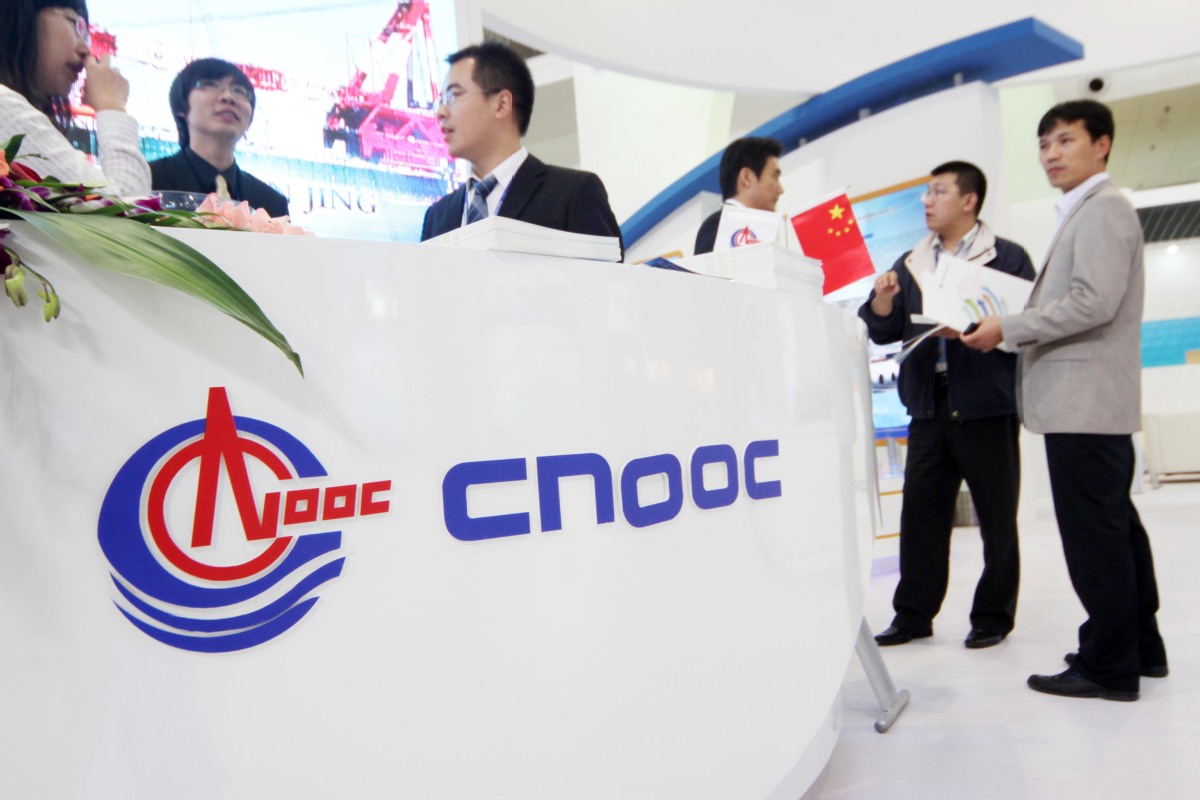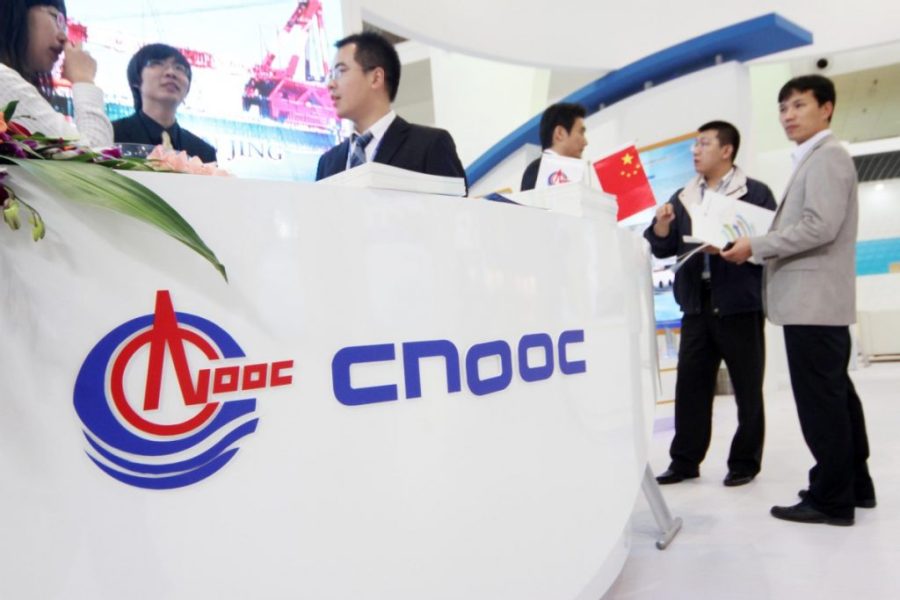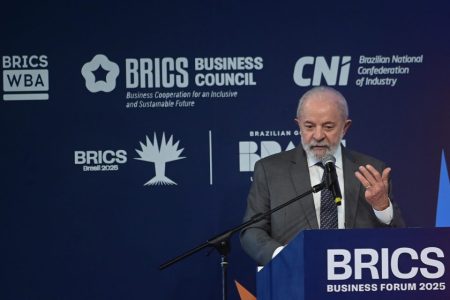China National Offshore Oil Corp (CNOOC)’s expanding presence in Brazil will ensure sufficient energy supply for China, company officials have said.
The ultra-deepwater, pre-salt Mero oilfield in Brazil started operation last week, in the latest effort by the country’s top offshore oil and gas producer to step up overseas oil and gas production.
Wang Dongjin, chairman of CNOOC, said the operation of the oilfield is a major milestone in China-Brazil energy cooperation, and the company will step up energy cooperation in parts of the world involved in the Belt and Road Initiative.
With a total investment of more than US$20 billion, the Mero oilfield, located in Brazil’s Santos Basin, can produce 180,000 barrels of crude oil per day and is expected to reach peak production by the end of 2022.
CNOOC, China’s top offshore oil and gas driller and one of the largest independent oil and gas exploration and production companies in the world, currently holds a 9.65 per cent working interest in the Mero block, alongside operator Petrobras (38.6 per cent), and partners Shell PLC (19.3 per cent), TotalEnergies (19.3 per cent) and China National Petroleum Corp (9.65 per cent); Pre-Sal Petroleo SA holds 3.5 per cent as the Federal Union representative in non-contracted areas.
The exploration of pre-salt oilfields, which account for one-third of global oil reserves, has become one of the major trends in the global oil industry in recent years, said Huang Yehua, general manager of the Brazilian unit of CNOOC, quoted by Xinhua.
Huang said CNOOC has been planning to take part in pre-salt oilfield projects worldwide and will continue to invest in the sector.
In addition to the Mero field, which is also the third-largest ultra-deepwater pre-salt oilfield in the world that boasts high-quality and high-yield carbonate reservoirs, the company has a 5 per cent stake in the Búzios field in the Santos Basin pre-salt area with an annual production capacity exceeding 3 million metric tons, he said.
Despite their high oil and gas production, pre-salt oilfields are usually located in ultra-deep water and are challenging for exploitation and exploration. CNOOC’s extensive participation in such oilfields illustrates that China has mastered advanced technologies of exploration, which will further provide momentum for future innovation, said Li Ziyue, an analyst with BloombergNEF (BNEF).
Offshore oil and gas production is expected to rise over the next few years with great upside potential, Li said.
According to the China Offshore Energy Report drafted by the CNOOC Energy Economics Institute, CNOOC’s offshore oil and gas production projects are ranked among the best in the world.
Between 2017 and 2018, CNOOC has added three more blocks – two located in the Santos Basin and one located in the Espírito Santo Basin (Block 592). In deepwater Block 592, CNOOC has begun exploration as the operator of the block, holding 100 per cent interest.
The Brazilian market plays a key role in China’s energy supply as 10 per cent of the country’s crude imports last year came from South America, and Brazil has always been a major crude provider.
According to Huang, while the Brazilian unit of CNOOC will expand its presence in the South American market, it will also confer with Chinese refiners and expand potential sales channels to ensure domestic energy security in the country from overseas oilfields.
CNOOC said earlier that its planned capital expenditure for 2022 will be between RMB 90 billion (US$13.62 billion) and 100 billion, with a focus on exploration, development and production.
In addition to its presence in South America, the company inked a natural gas sales agreement in Nigeria last year as it vows to increase investment in its existing oil and gas operation in the country, which it described as one of its most strategic and important overseas business undertakings.






